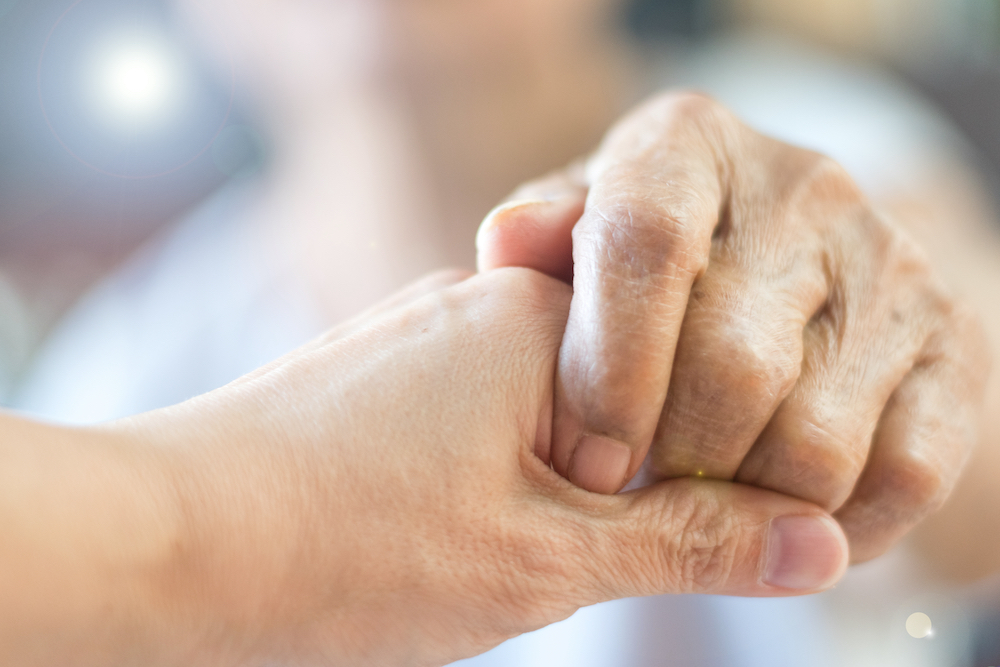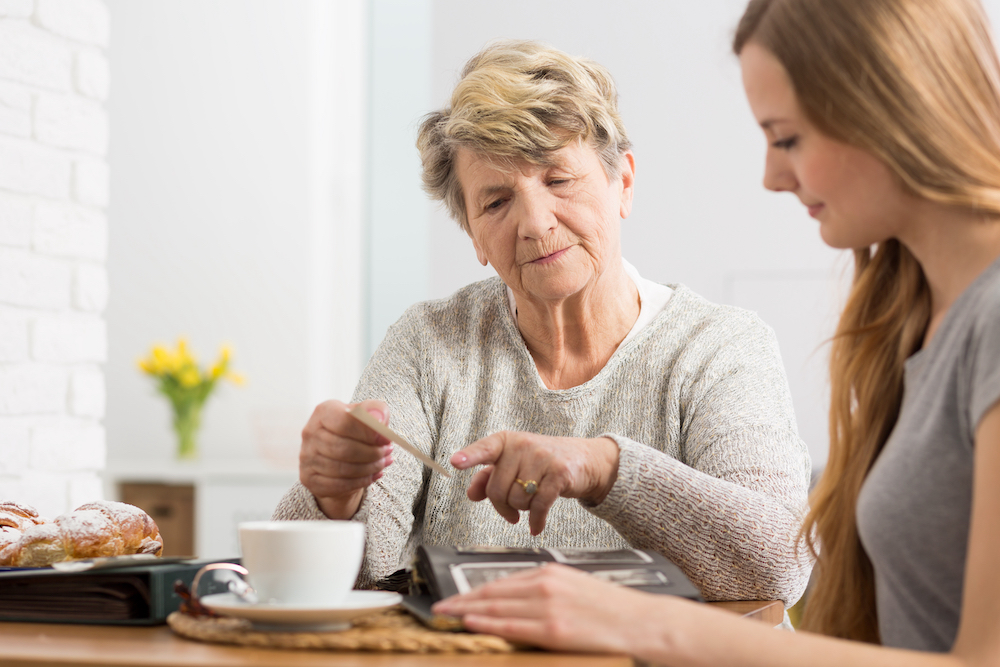Depression in Seniors
Having depression affects seniors differently than it does younger people. Depression commonly coexists with other physical conditions and afflictions in seniors and lasts longer. It’s important to remember that everyone has some of these symptoms from time to time, and they do not always mean that an individual is depressed.
Similarly, not everyone who is depressed will exhibit all of these symptoms. For example, seniors with depression tend to have more significant physical problems than younger people. As a result, an older person is more likely to report to their doctor with various physical ailments and difficulties sleeping than with complaints of sorrow or depression.
In older people, depression is associated with an increased risk of heart disease and illness-related death. Simultaneously, depression impairs an older adult’s capacity to heal. Depression can strike as we become older, but there are techniques to improve your mood and make your senior years healthy and enjoyable. Unfortunately, far too many depressed older persons fail to recognize the symptoms of depression or do not seek assistance.
Here are several reasons why senior depression is frequently overlooked:
- You are alone/isolated, as well as being anti-social/loner.
- You believe that you have a legitimate cause to be unhappy or that sorrow is a natural part of the aging process that might worsen depression symptoms.
- You are scared to communicate your problems or seek assistance.
- You are attributing bodily symptoms of depression to anything other than depression.
- You are simply unaware that you are depressed.
Depression in Seniors: Signs and Symptoms
Recognizing depression in seniors begins with being aware of the symptoms and indicators. For example, an elderly adult may be depressed if they have been sad, down, or miserable for more than two weeks or if they have lost interest in their daily duties.
The following are red flags for depression:
- Feel tired, sluggish, and confused.
- Have trouble falling asleep, staying asleep, or oversleeping.
- Be grumpy, irritable, and anti-social.
- Significant weight change and loss of appetite.
- Feel unexplained aches and pains.
- Sadness or feelings of despair.
- Feel hopeless, worthless, and have suicidal tendencies.
- A sudden or gradual increase in alcohol consumption, smoking, and other vices could be a sign of depression.
- Lack of motivation, energy, decreased speech.
- Neglecting personal hygiene and how they look.
- Being fixated on death.
Depression in Seniors: What Causes It?
As we become older, we typically experience significant life changes that might put us at risk for depression. These are some examples:
A diminished feeling of purpose.
Retirement can cause a loss of identity, status, self-confidence, and financial stability and increase the risk of depression. Physical limits on previously enjoyed activities might also influence your feeling of purpose and self-worth.
Fears.
These include apprehension about death or dying and worry about money, sickness, or being neglected by family.
Health issues.
Illness and disability, persistent or severe pain, cognitive decline, and negative body image resulting from surgery or illness can all contribute to depression.
Isolation and loneliness.
Living alone, a shrinking social circle resulting from deaths or relocation, diminished mobility due to sickness, or loss of driving privileges can all contribute to depression.
The death of a loved one can cause depression.
The death of a spouse or partner, a family member, a close friend or colleague, or even a pet is a primary cause of depression among senior citizens.
What Are Depression Treatment Options for Seniors?
Medication, psychotherapy or counseling, and newer forms of brain stimulation or a combination of these are used to treat depression. A doctor’s suggestion is based on the kind and severity of the patient’s symptoms, past therapy, and overall health. For example, antidepressants can benefit seniors, but they are not always as effective as they are on younger people.
Physicians must thoroughly examine the risk of antidepressant side effects or interactions with other drugs. Certain antidepressants, for example, may cause sleepiness, disorientation, or a rapid change in blood pressure when a senior stands up, resulting in falls and bone fractures.
What Issues Affect Treatment in Seniors?
The shame associated with mental illness and psychiatric therapy is much more potent among the elderly. This prejudice can prevent seniors from accepting that they are sad and depressed. As a result, depression symptoms may be misdiagnosed by older persons and their families as typical reactions to life pressures, losses, or aging. Furthermore, depression might manifest as somatic issues rather than traditional symptoms. Similarly, according to the best assisted living in Michigan, depressed seniors may fail to disclose their depression because they think there is no chance for treatment.

How You Can Help a Senior With Depression
If a senior member in your family is depressed, you may help by providing the following:
Emotional assistance.
Listen to your senior loved one with compassion and patience. Instead of condemning the expressed thoughts, point out facts and provide hope.
Correct diagnosis.
You may also assist by ensuring that your loved one receives an accurate diagnosis and treatment. Assist your loved ones in locating a reputable doctor, accompanying them to appointments, and offering encouragement and support.
Companionship.
Depression is less likely when people’s minds and bodies are active. Hikes, painting lessons, and trips to the cinema are all ideas for enjoyable things to do together to provide mental or physical stimulation.
Frequent social events.
Visits from friends and family or visits to the local community center can all help alleviate feelings of isolation and loneliness. However, if your plans are rejected, be politely persistent: sad individuals typically feel better when they are among others. That is why the best assisted living in Michigan offers continuous social activities for seniors.
Nutritious meals.
A bad diet can worsen depression, so make sure your senior loved one is eating well. Include lots of fruits and vegetables, nutritious grains, and lean protein in each meal.
Encouragement to complete the treatment.
Depression generally pops up when medication is stopped too soon, so assist your senior loved one in continuing their treatment program. If it isn’t working, you should look into other drugs and therapies.
Keep an eye out for indicators of suicidal behavior.
If you feel a senior loved one is considering suicide, get immediate assistance. You may also call the best assisted living in Michigan for help and professional advice.



